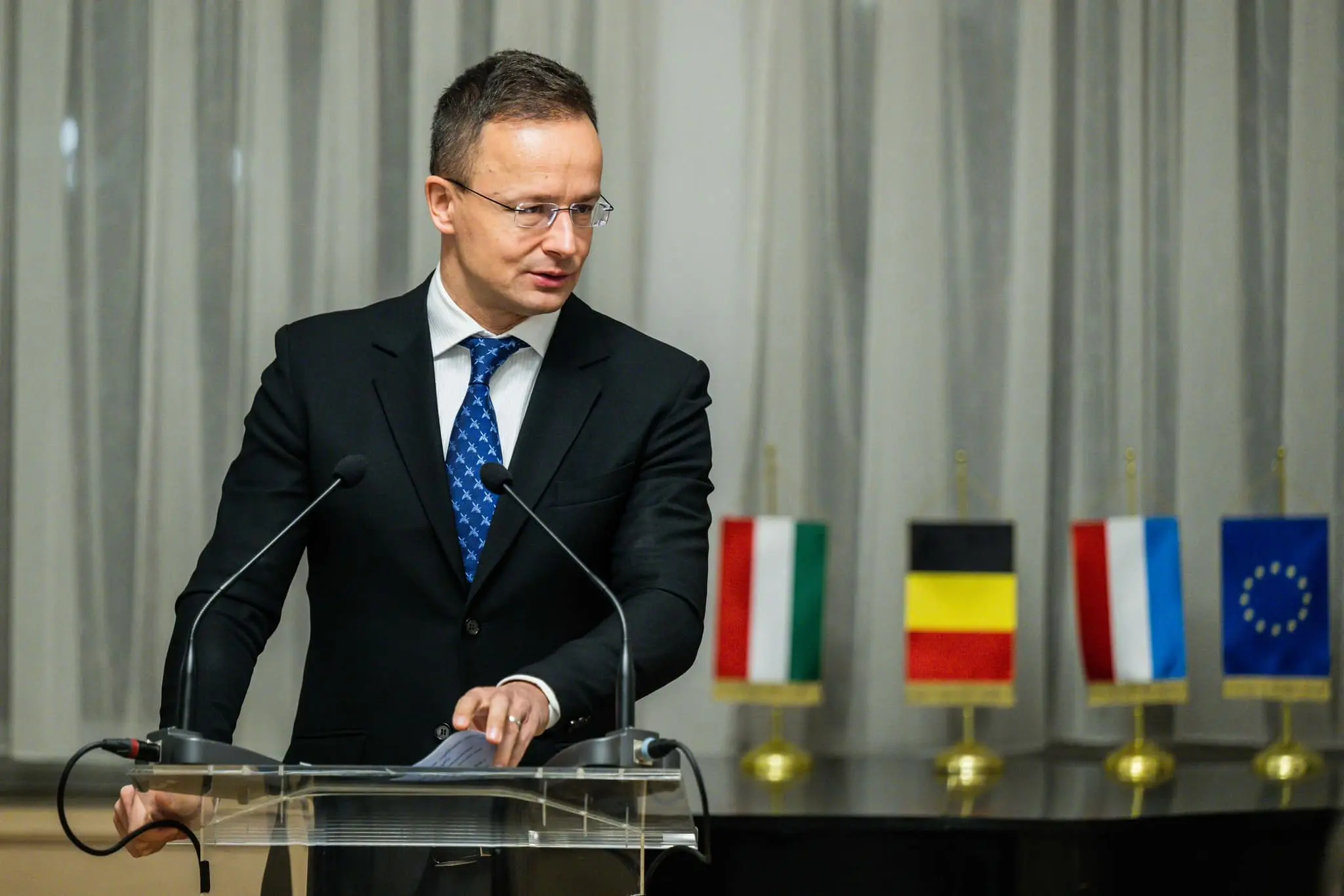Hungarian foreign minister: progressive liberalism is not the only path

The liberal mainstream cannot accept that “progressive liberalism is not the only progressive direction,” Péter Szijjártó, the minister of foreign affairs and trade, said in a podcast on Sunday.
Hungary has had a “patriotic, Christian Democratic, anti-mainstream and non-progressive government in office over the past twelve and a half years, which, in addition, is successful, which the liberal mainstream cannot digest”, he told Zoltán Kovács, the state secretary for international communications and relations, in The Bold Truth about Hungary podcast.
“As long as we break investment records each year, with firms coming from countries with which we are on explicitly bad political terms to invest billions of euros here, we are safe,” Szijjártó said. Business people will make important decisions based on facts “rather than on the basis of what foreign papers write about the Hungarian government”, he said.
Szijjártó insisted Hungary’s economic and political positions were “extremely strong” outside Europe. He said the government had “never discriminated between investors” as long as they observed Hungarian laws. He mentioned as an example China’s Huawei “the presence of which company in Hungary was much criticised, but at the installation in Budapest of the 5G system operated by Vodafone, a non-eastern company, it turned out that the required infrastructure had been built by Huawei”.
Referring to the war in Ukraine, Szijjártó said “the era of cheap Russian gas in Europe is clearly over”, with ties severed between Russia and the European Union “one after the other”, adding that “I am not sure this could be remedied in our lifetime”. He said it was important “to make clear that energy is a not a political or ideological issue, but a question of facts”, adding that safe supplies to Hungary could not be guaranteed without Russian sources.
“We have always managed to maintain a pragmatic relationship with Russia which enables us to frankly tell them what we think … and we usually tell them that we condemn the war,” Szijjártó said. “The war is causing a lot of damage to us, to Europe. And the sanctions are also causing a lot of difficulties and damage to us, therefore the best scenario would be ending the war and starting negotiations, but without dialogue and open communication channels it is not possible,” the foreign minister said.
On the subject of the global minimum tax Szijjártó said it would “certainly not” increase the competitiveness of the European or the global economy. As a result of a single-bracket tax system introduced in 2010 and lowest taxes in Europe, Hungary now has a record high employment and economic growth, as well as record high volumes of exports and investments, he said.
The reason why the government opposed the introduction of the global minimum tax was “to avoid returning to the pre-2010 situation”, Szijjártó said. He said that the government would not have given its consent to the adoption of the minimum tax without “written guarantees” [by the European Commission] that Hungary would not be forced to raise taxes in addition to the current tax system and that the business tax could be incorporated.
On another topic, Szijjártó said “after more than 40 years it is high time for Hungary to send another astronaut to space”. Referring to cooperation with US company Axiom on the space project, he said eight candidates had been selected from among several hundred volunteers, out of whom four would receive full training before the actual candidate is selected right before the mission.
Source: MTI


